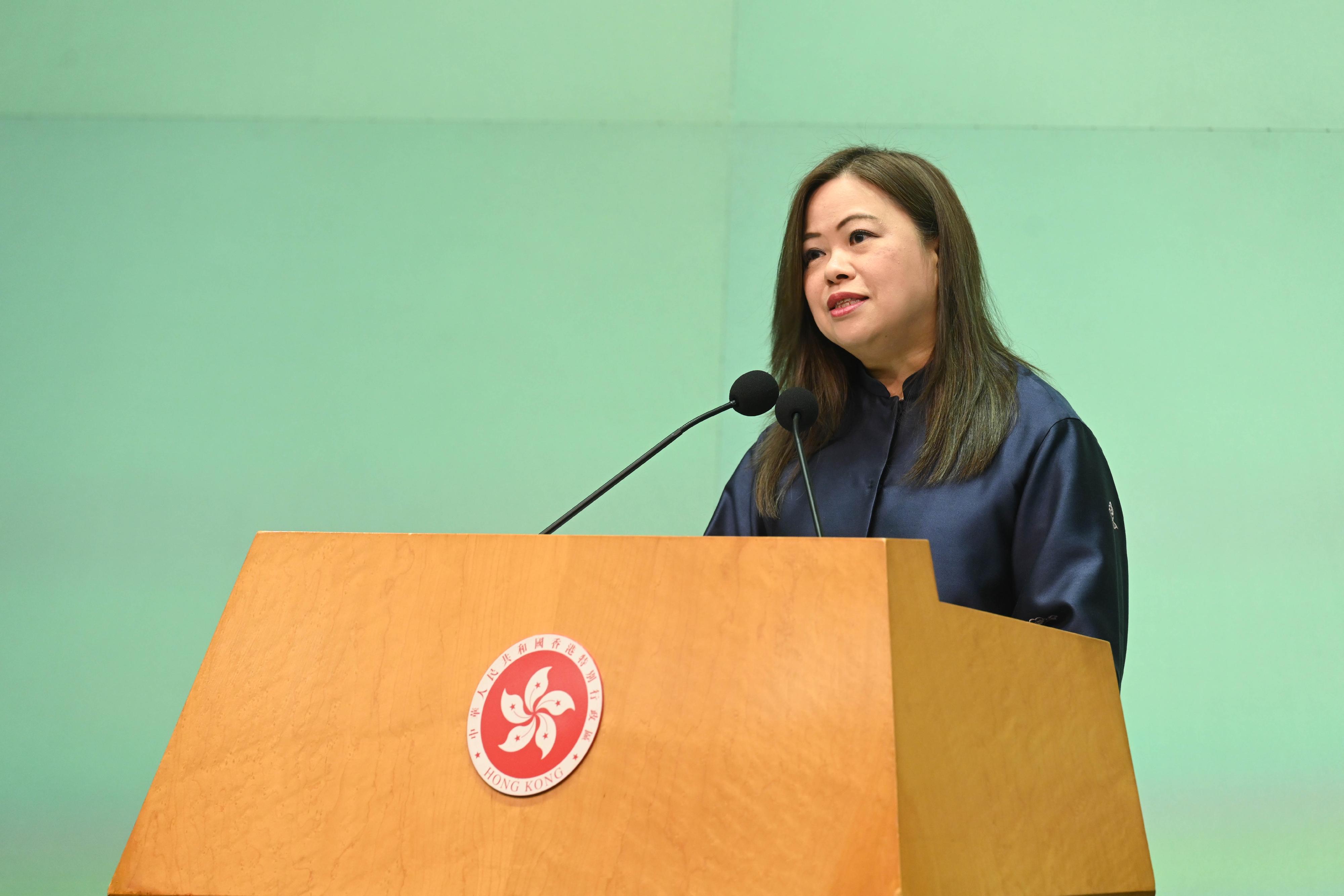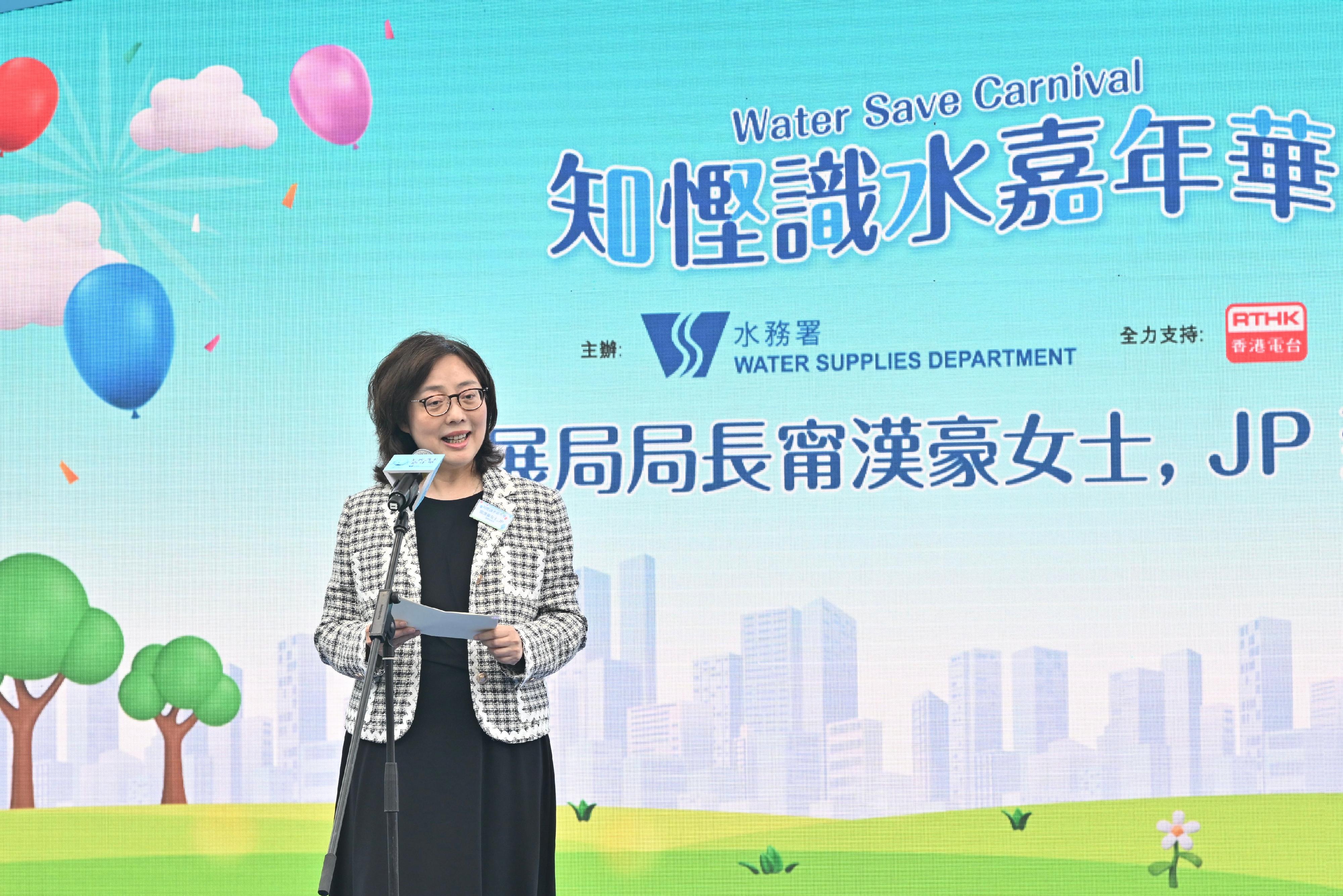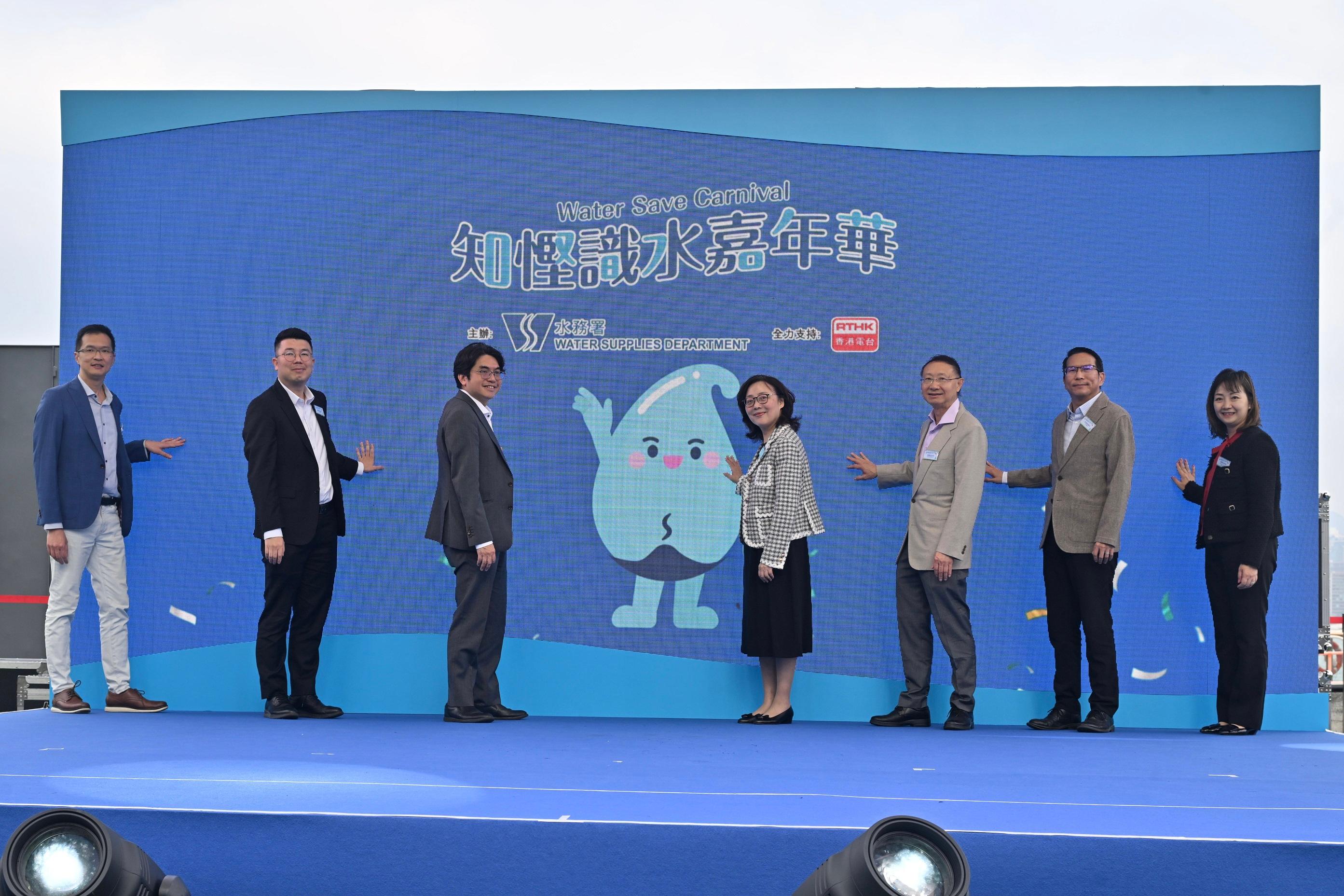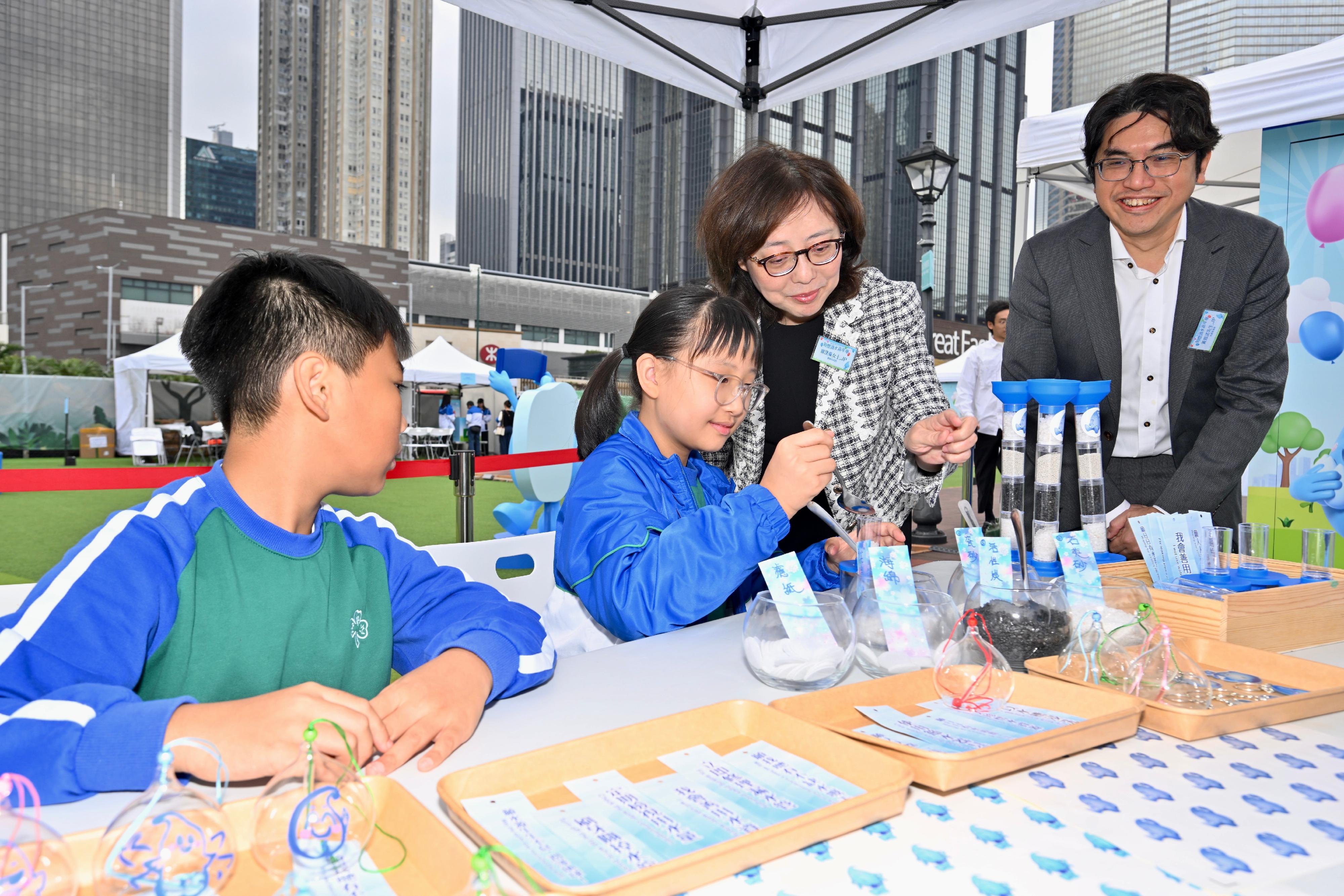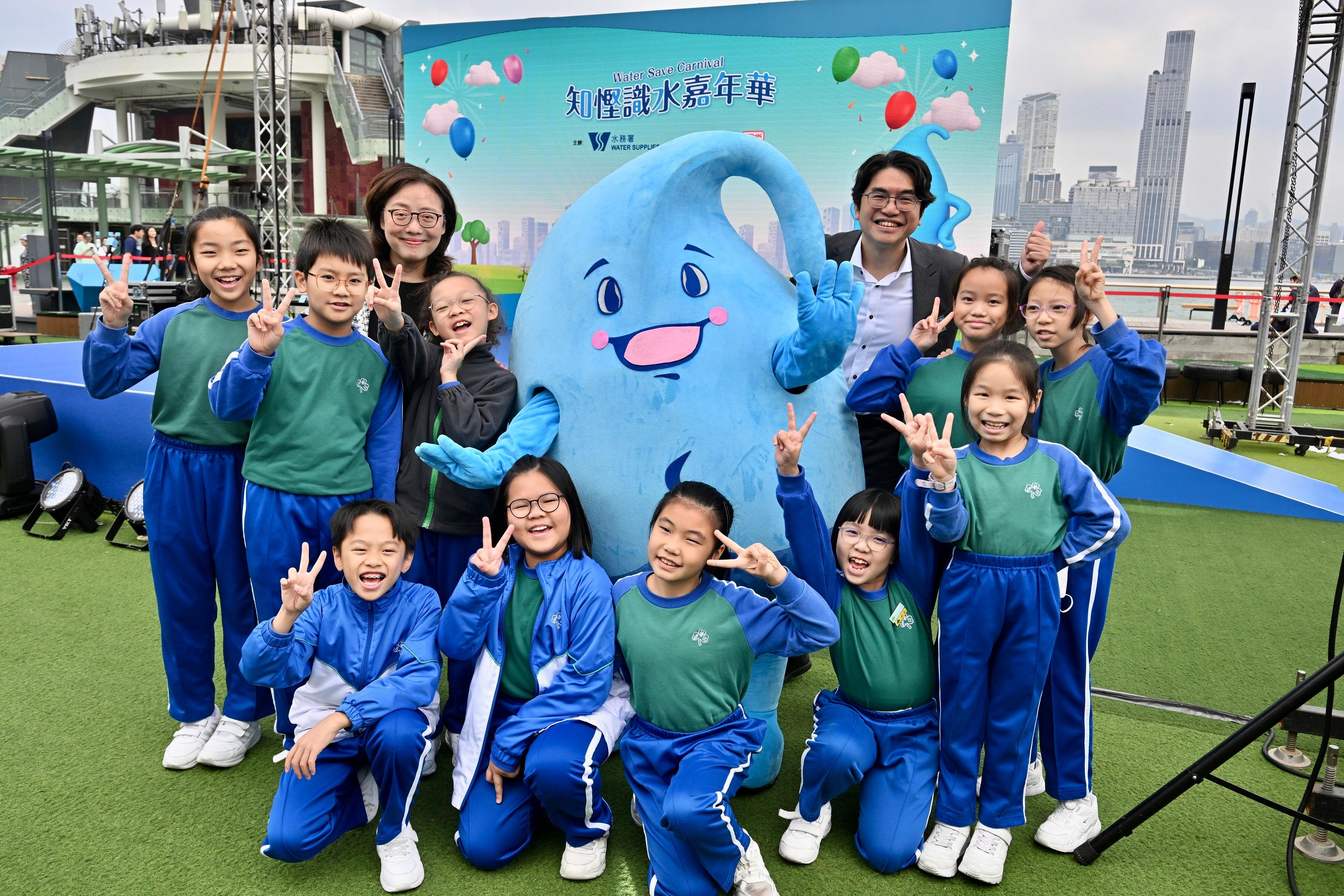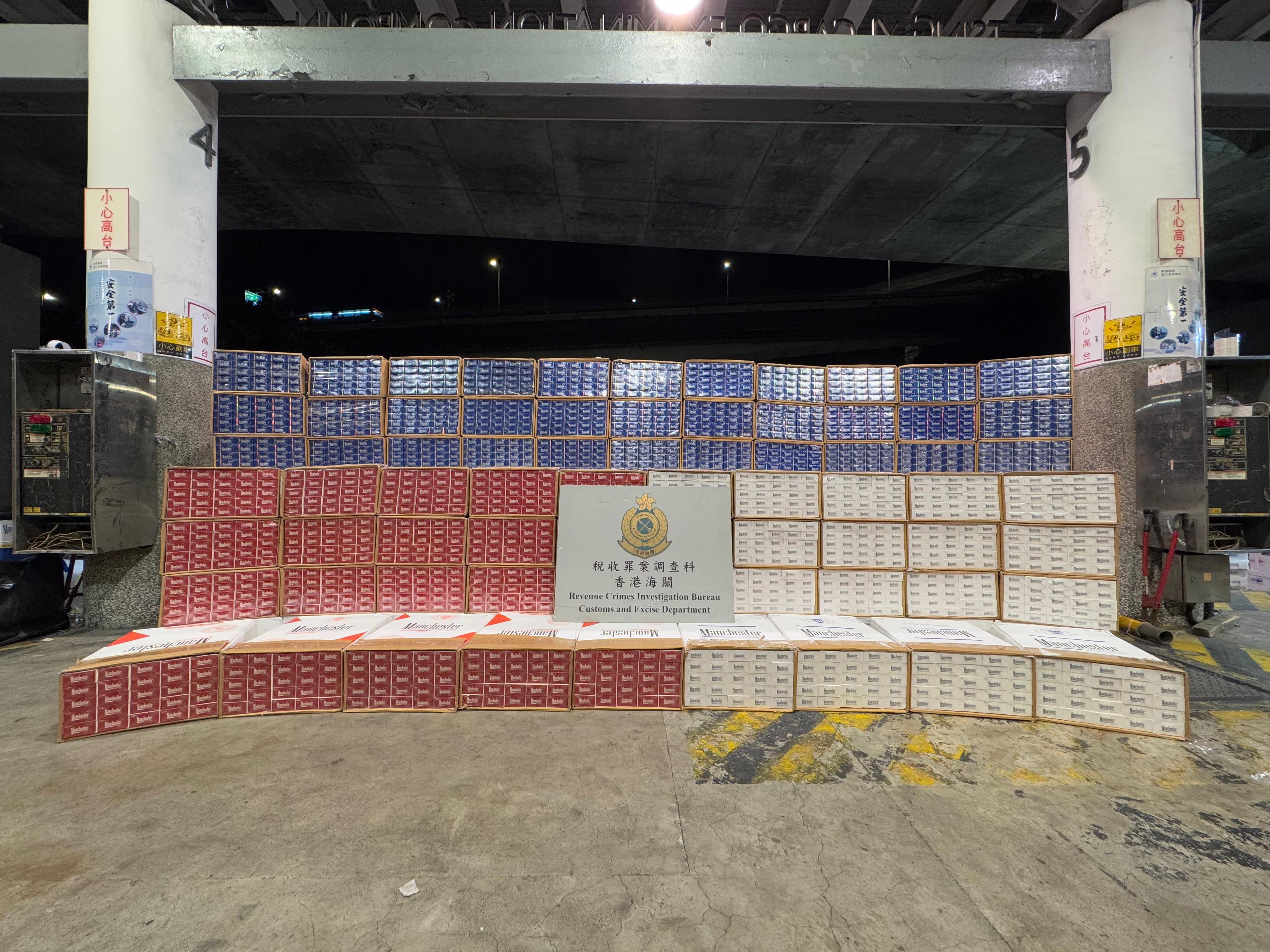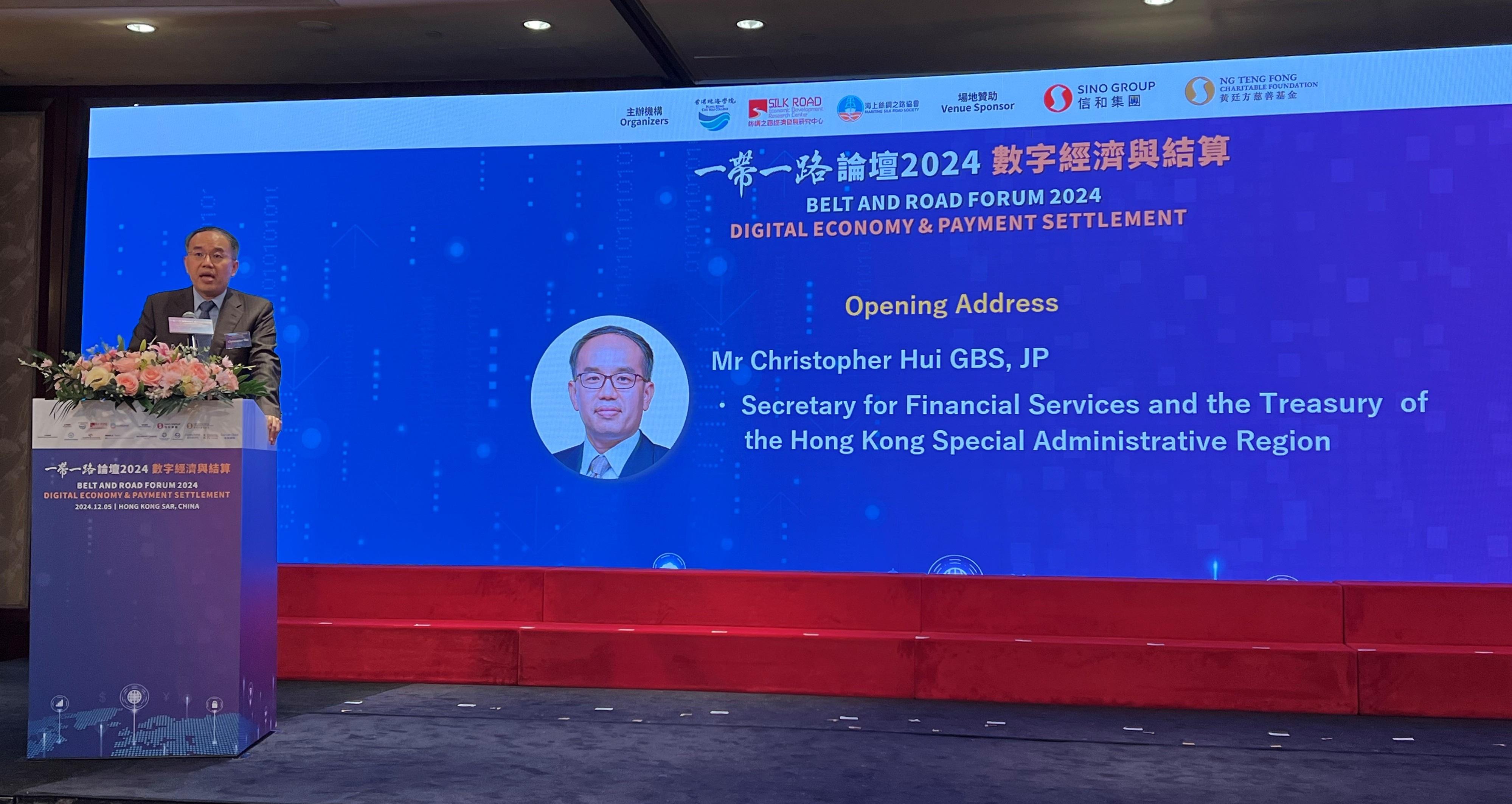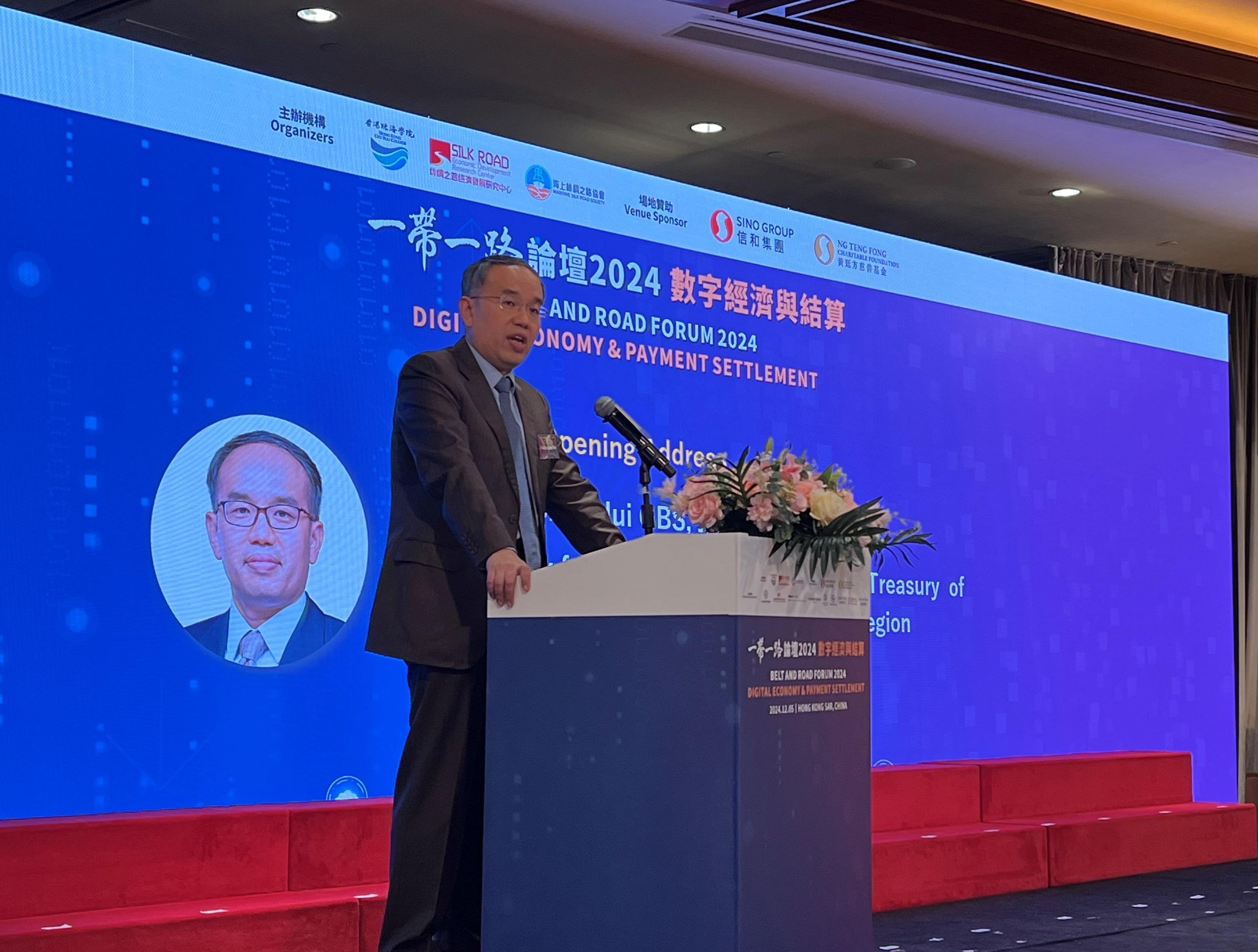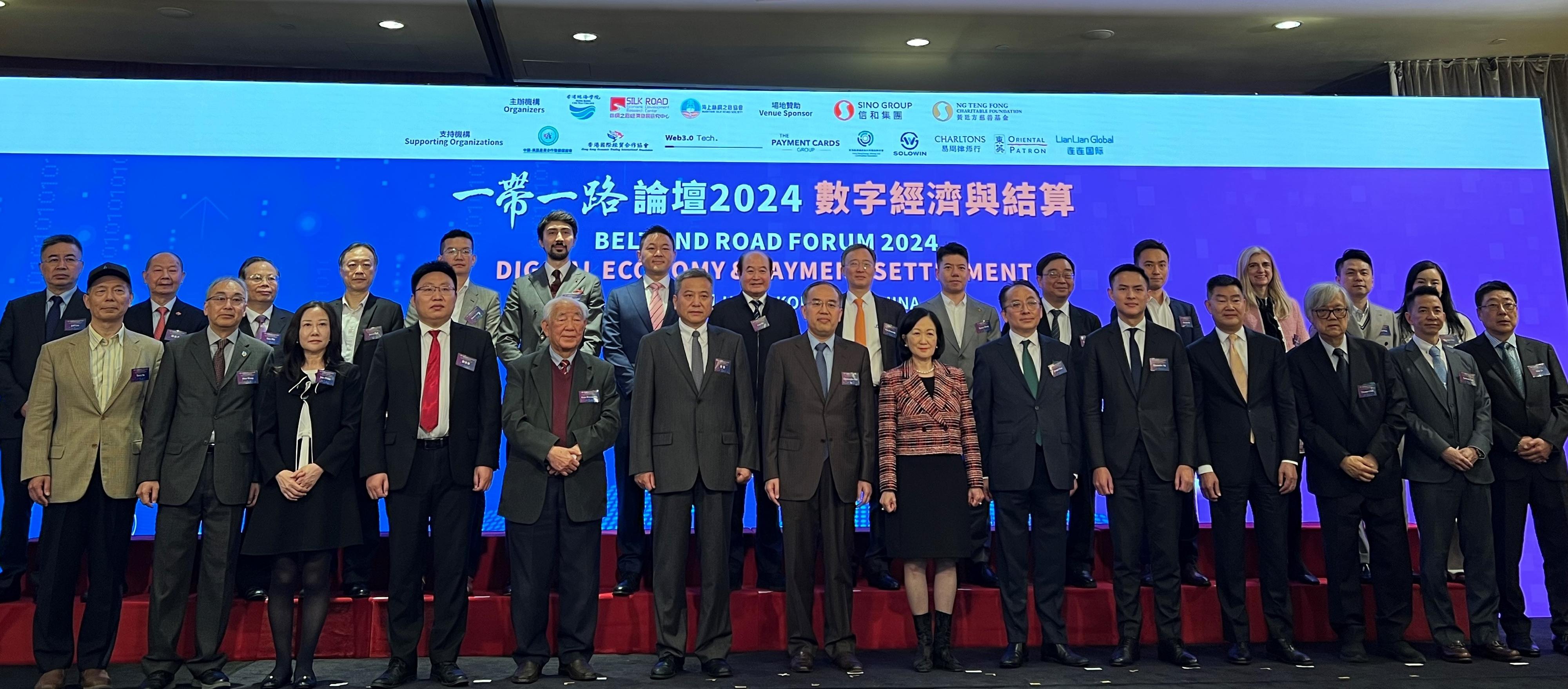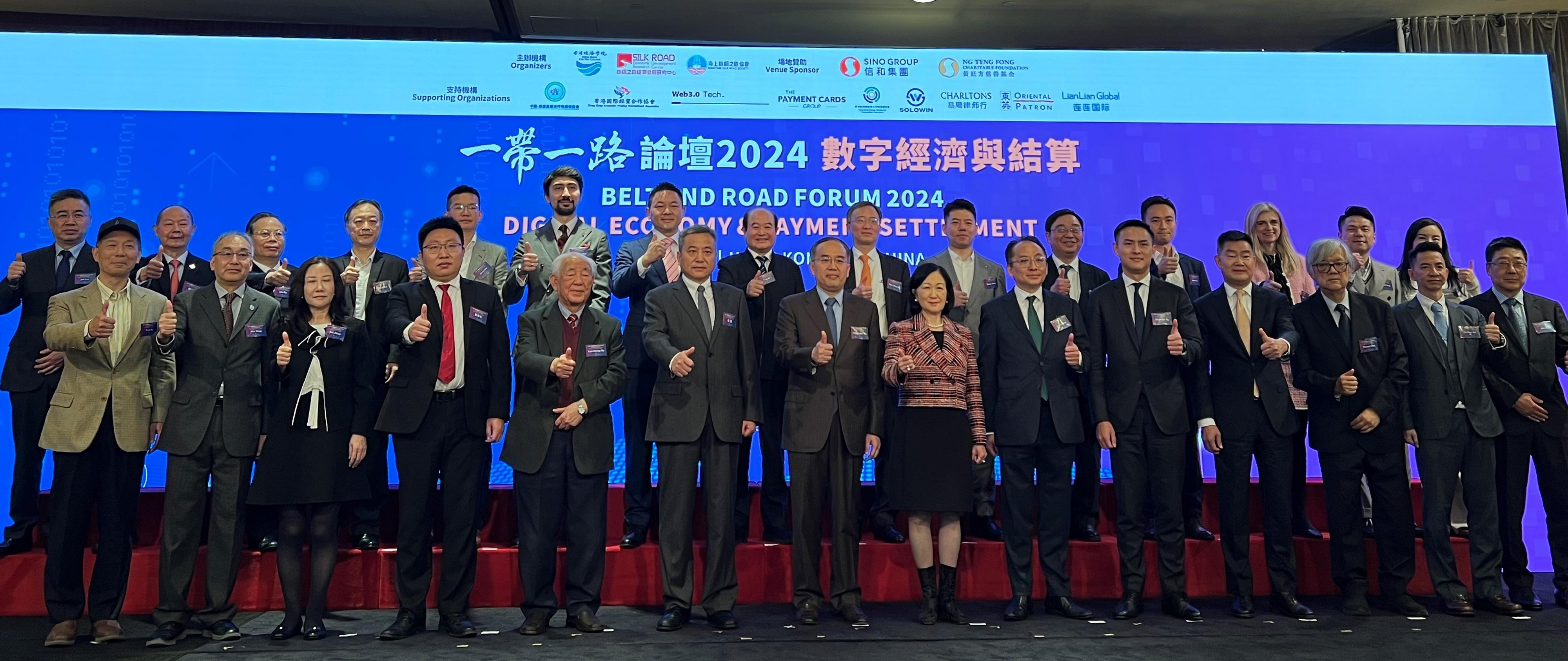Following is the speech by the Secretary for Financial Services and the Treasury, Mr Christopher Hui, at the Belt and Road Forum 2024 – Digital Economy & Payment Settlement today (December 5):
Regina (Co-Chair of the Maritime Silk Road Society, Mrs Regina Ip), Joseph (Chairman of the Silk Road Economic Development Research Center, Mr Joseph Chan), Chairman Lam (Chairman of the Board of Governors of Hong Kong Chu Hai College, Mr Lam Kwong-siu), Consuls-general, distinguished guests, ladies and gentlemen,
Good afternoon. It is my great pleasure to speak at the Belt and Road Forum 2024 on the theme of "Digital Economy & Payment Settlement", an invaluable platform for us to exchange insights and explore how we can drive digital transformation and foster deeper collaboration under the Belt and Road Initiative.
Since its introduction by President Xi in 2013, the Belt and Road Initiative has transformed global connectivity, bridging communities across continents through infrastructure development, trade, finance, and cultural exchanges. Over the past decade, it has delivered tangible benefits to economies worldwide, fostering unity, enhancing global collaboration, and contributing significantly to the creation of a shared future for humanity.
Hong Kong has long been an active participant in and beneficiary of the Belt and Road Initiative. Our strength lies in our role as a global connector – a hub where the East meets the West. As the Initiative continues to deepen, Hong Kong is well positioned to leverage our strategic advantages as an international centre for finance, trade, shipping, and professional services. Our city is committed to unlocking new opportunities and driving growth across Belt and Road economies, businesses, and communities.
Under the "one country, two systems" principle, Hong Kong enjoys a unique dual advantage: access to China's vast market while maintaining global connectivity. This framework allows Hong Kong to serve as a "super connector" and "super value-adder" in the Belt and Road Initiative. With world-class infrastructure, robust professional services, and a transparent regulatory environment, Hong Kong provides the critical support needed to facilitate trade and enhance Belt and Road projects. Ranked third globally and first in Asia in the latest Global Financial Centres Index (GFCI), Hong Kong is undoubtedly a pivotal player in realising the visionary goals of the Belt and Road Initiative.
As the Initiative evolves, so does the role of technology. Digitalisation has become a driving force behind modern economic transformation, and Hong Kong is always embracing this wave of innovation. According to the latest GFCI, Hong Kong is ranked among the top 10 fintech hubs worldwide, underscoring the seamless integration of technology into our financial markets. Technologies such as AI, big data analytics, blockchain, and distributed ledger systems are not only powering our economy but are also reshaping how businesses operate and collaborate across borders.
Our fintech sector is thriving, with over 1 100 fintech companies operating in Hong Kong. These companies span a wide range of fields, including mobile payments, cross-boundary wealth management, AI-powered financial consultancy, and regulatory technology. Additionally, Hong Kong has become a magnet for Web3 talent and investment, with over 280 companies in virtual asset exchanges, blockchain infrastructure, cybersecurity, and payment systems establishing their presence here. These developments indicate that Hong Kong is well prepared to lead as an advanced digital economy.
We are adopting a multipronged approach to ensure sustained progress by working closely with financial regulators, industry players, and academia to enhance our financial infrastructure, nurture fintech talent, and strengthen partnerships with the Mainland and Belt and Road economies. For instance, our regulator is actively collaborating with central banks in Belt and Road countries, such as Saudi Arabia, the UAE (United Arab Emirates), and Thailand, on the mBridge project to explore CBDC (Central Bank Digital Currency) applications.
Another example of collaboration is more at the retail level, which is our collaboration and partnership with the Bank of Thailand, which launched a Faster Payment System x PromptPay Link in December 2023. This initiative enables visitors from both places to conduct safe, efficient, and seamless electronic payments, further demonstrating how Hong Kong's expertise in payment infrastructure supports the Belt and Road vision.
To further position Hong Kong as a leader in the digital economy, we issued a Policy Statement on the Development of Virtual Assets in Hong Kong in October 2022, outlining our vision and regulatory approach. Following this, we introduced a licensing regime for virtual asset service providers in June 2023. To date, we have issued three licenses, with more approvals expected in the near future. These efforts highlight our commitment to fostering innovation while maintaining a well-regulated and transparent environment.
The integration of digital technologies into Belt and Road economies is accelerating, driving efficiency, connectivity, and growth. Advances in payment settlement systems, along with the adoption of AI and blockchain, are transforming financial services and unlocking new opportunities for collaboration. As a leader in finance and technology, Hong Kong plays a pivotal role in this digital revolution. To foster a sustainable and trustworthy market environment, we also issued the Policy Statement on Responsible Application of Artificial Intelligence in Financial Market at the Hong Kong FinTech Week in late October, providing clear guidance for financial institutions to adopt AI responsibly while promoting innovation, transparency, and public trust.
The Belt and Road Initiative is more than just a platform for infrastructure and trade – it is a vision for global connectivity and shared prosperity. As we integrate digital innovation into this framework, the opportunities for economic transformation and collaboration are boundless.
From providing world-class financial and professional services to advancing the adoption of cutting-edge technologies, Hong Kong always stands ready to contribute to the continued success of the Belt and Road Initiative. I encourage all of you to seize these emerging opportunities, foster meaningful partnerships, and work together to build a more interconnected, inclusive, and prosperous future for all. Thank you.
